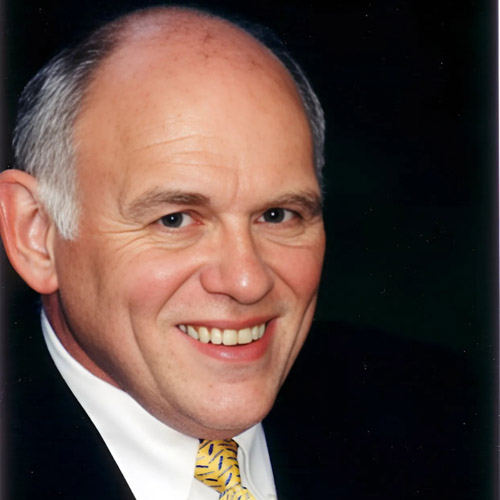AAFP: Bind over-Waiver Evaluations for Juvenile Court
Presented by: Daniel Davis, PhD, ABPP (Forensic)
 This on-demand professional training program on Bind Over-Waiver Evaluations for Juvenile Court is presented by Daniel Davis, PhD, ABPP (Forensic) in partnership with the American Academy of Forensic Psychology (AAFP).
This on-demand professional training program on Bind Over-Waiver Evaluations for Juvenile Court is presented by Daniel Davis, PhD, ABPP (Forensic) in partnership with the American Academy of Forensic Psychology (AAFP).
Evaluations for Bind Over/Waiver from juvenile court are some of the most consequential and challenging evaluations for juvenile court mental health clinicians. This program provides an overview of relevant law, current national research, assessment methodologies, and report preparation. It includes a case study to demonstrate the application of these data to a case in juvenile court.
This program is specifically designed to prepare clinicians for bindover evaluations. Dr. Daniels draws heavily from research and accepted psychological instruments used in these evaluations. The program also provides a suggested format for reports to the court.
This program applies to any mental health professional who provides evaluations for juvenile courts.
Upon completion of this training, participants will be able to:
Key topics covered in this training include:
Brief History of Juvenile Court and Reform
Neuroscience Considerations
Research Concerning Juvenile Crime and Effects of Bind Over on Youth
Cultural Considerations/Base Rate Problems
Mental Health Needs of Justice-Involved Youth
Risk Assessment of Violence in Youth
Psychological Instruments Specific to Bindover
Report Format Suggestions
Case Illustrations

We are proud to partner with the American Academy of Forensic Psychology (AAFP) for this training. AAFP is a non-profit organization of board-certified forensic psychologists whose mission is to contribute to the development and maintenance of forensic psychology as a specialized field of study, research, and practice. The Academy does this by providing high-quality continuing education workshops, providing a forum for the exchange of scientific information among its members, and conferring awards upon outstanding students and practitioners in the field of forensic psychology.
Palo Alto University, Continuing & Professional Studies (CONCEPT) is approved by, recognized by, or maintains sponsorship provider status with the following boards and agencies. We maintain responsibility for all content in our CE/CPD programs. For more information, visit here.
American Psychological Association (APA): Approved sponsor of continuing education for psychologists.
Association of Social Work Boards (ASWB): Approved continuing education provider (ACE program, Provider #1480), 11/22/2023–11/22/2026.
Canadian Psychological Association (CPA): Approved to sponsor continuing education for psychologists.
National Board for Certified Counselors (NBCC): Approved Continuing Education Provider (ACEP No. 7190).
Palo Alto University, Continuing and Professional Studies (CONCEPT) is approved by the American Psychological Association to sponsor continuing education for psychologists. Palo Alto University, Continuing and Professional Studies (CONCEPT) maintains responsibility for this program and its content. Palo Alto University, Continuing and Professional Studies (CONCEPT), is approved by the Canadian Psychological Association to offer continuing education for psychologists. Palo Alto University, Continuing and Professional Studies (CONCEPT), SW CPE is recognized by the New York State Education Department’s State Board for Social Work as an approved provider of continuing education for licensed social workers #SW-0356 and the New York State Education Department’s State Board for Mental Health Practitioners as an approved provider of continuing education for licensed mental health counselors. #MHC-0073. Palo Alto University, Continuing and Professional Studies (CONCEPT) has been approved by NBCC as an Approved Continuing Education Provider, ACEP No. 6811. Programs that do not qualify for NBCC credit are clearly identified. CONCEPT Professional Training, #1480, is approved to offer social work continuing education by the Association of Social Work Boards (ASWB) Approved Continuing Education (ACE) program. Organizations, not individual courses, are approved as ACE providers. State and provincial regulatory boards have the final authority to determine whether an individual course may be accepted for continuing education credit. CONCEPT Professional Training maintains responsibility for this course. ACE provider approval period: 11/22/23-11/22/26. Social workers completing this course receive (clinical or social work ethics) continuing education credits.